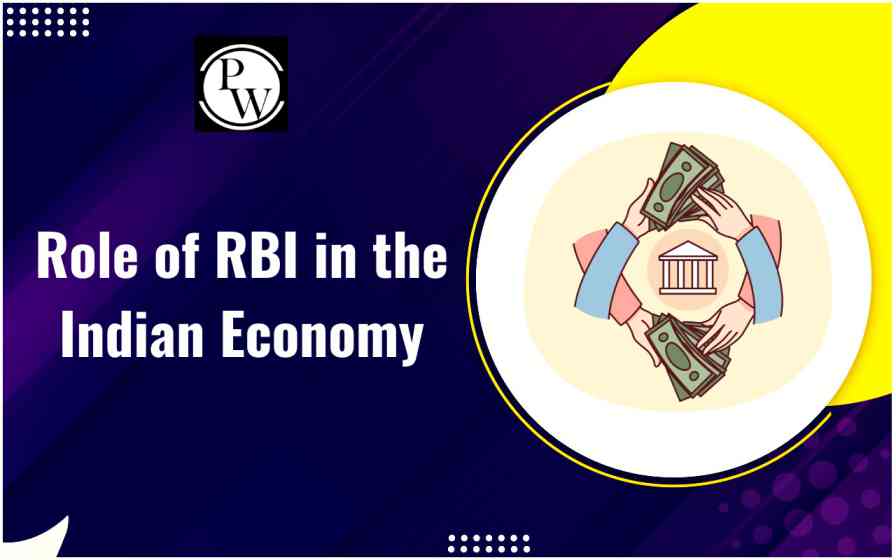

Israel vs Hamas War: The economic impact of the Israel vs Hamas conflict on global markets has raised concerns among investors, who are eager to understand the potential consequences of such an event on the Indian markets. Global events, especially those tied to geopolitical tensions, significantly influence financial markets. The recent flare-up of tensions between Israel and Palestine, following the prior Russia-Ukraine crisis underscores the complex network of global interconnections that investors must navigate.
Over 300,000 regular Israeli workers have left their jobs to join the fight, significantly impacting the nation's economy. However, the extent of the economic repercussions hinges on the duration of their absence from the workforce. One economics professor at Hebrew University suggests that there will be a temporary setback for the startup industry and the broader economy. Still, with the eventual return of these reservists to their jobs, investment and demand are expected to recover, contributing to the overall economic resilience.
Economic Impact of Israel vs Hamas War
The Israel vs Hamas war has long been a focal point of global attention, but its repercussions extend beyond the realm of politics and diplomacy. Geopolitical tensions in this region have a tangible and far-reaching impact on the world's financial landscape.
-
Oil Prices
:
- The Middle East is a significant contributor to global oil supplies.
- Instability in the region, like the Israel vs Hamas conflict, can lead to speculative price hikes due to potential supply disruptions.
- Historical data shows that Middle Eastern crises often result in spikes in oil prices, impacting global inflation rates and trade balances.
-
Safe-Haven Assets
:
- During geopolitical tensions, investors tend to turn to "safe-haven" assets such as gold, the Japanese yen, and U.S. Treasury bonds.
- Recent increases in gold prices following the Israel-Palestine tensions align with historical trends observed during past Middle Eastern conflicts.
-
Equity Markets
:
- Stock markets, particularly in countries closely linked to the warring nations or heavily reliant on oil imports, can experience volatility.
- For instance, the Indian stock market displayed resilience after the recent tensions, but specific sectors with exposure to the Middle East faced pressure.
Impact of Israel vs Hamas War on the World Economic
The current state of the world economy is already vulnerable as it continues to recover from inflation pressures aggravated by Russia's invasion of Ukraine in the previous year. Another conflict in an energy-producing region could reignite inflation, with broader consequences ranging from renewed unrest in the Arab world to potential implications for the upcoming US presidential election, where gasoline prices influence voter sentiment.
-
-
Global Economic Impact
:
- The Israel-Hamas conflict has immediate economic consequences, as crude oil prices have surged by 4% in just four days.
- World Bank President Ajay Banga describes it as both a humanitarian tragedy and an economic shock that the world can't afford.
-
IMF's Concerns
:
- The IMF is worried about the uncertainties stemming from this conflict.
- Pierre-Olivier Gourinchas, the IMF's economic counsellor and director, notes that the global economy is currently moving at a slow pace, not a rapid one.
-
IMF Predictions
:
- The IMF predicts that global growth will slow to 2.9% in 2024.
- A 10% increase in oil prices could lead to a 0.15% decline in global economic growth and a 0.4% rise in global inflation.
-
Geopolitical Impact
:
- The conflict's disruptions are poised to heighten geopolitical tensions and create turbulence in global financial stability.
- This comes as global tensions are already elevated due to the ongoing Russia-Ukraine conflict, further intensifying concerns.
-
Global Economic Impact
:
Can the Israel vs Hamas War Impact the Indian Economy?
The economic relationship between India and Israel has thrived over the past two decades. In the fiscal year 2022-23, India's merchandise exports to Israel amounted to $7.89 billion, while Israel's exports to India totaled $2.13 billion.
India primarily exports items such as pearls, precious stones, chemical and mineral products, automotive diesel, and textile and apparel products to Israel. In return, Israel exports mineral fertilizers, machinery and electrical equipment, petroleum oils, machinery, transport equipment, and defense products to India. Several prominent Indian companies, including Tata Sons, TCS, Reliance Industries Ltd, and L&T, have investments in Israel.
The ongoing conflict between Israel vs Hamas raises concerns about its impact on the Indian economy. India is the third-largest importer of crude oil globally, which makes it particularly susceptible to disruptions in global oil markets. The conflict's influence on oil prices and regional stability could have far-reaching economic consequences for India.
Israel vs Hamas War FAQs
What is the issue between Hamas and Israel?
How does the Israel vs Hamas conflict affect global oil prices?
Why do investors turn to safe-haven assets during geopolitical tensions like the Israel vs Hamas conflict?
How could the Israel vs Hamas conflict impact the Indian economy?
What is the potential impact of the Israel vs Hamas conflict on the world economy?












